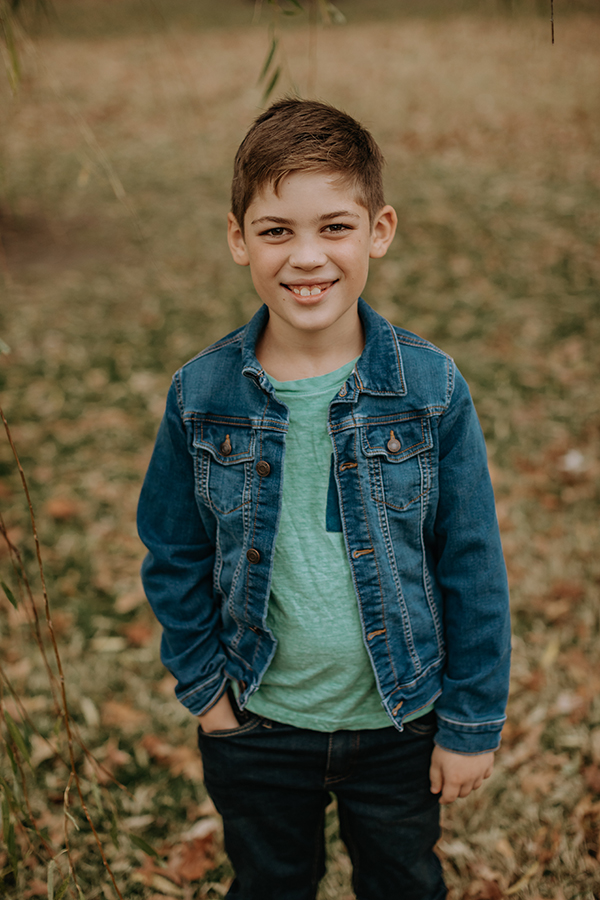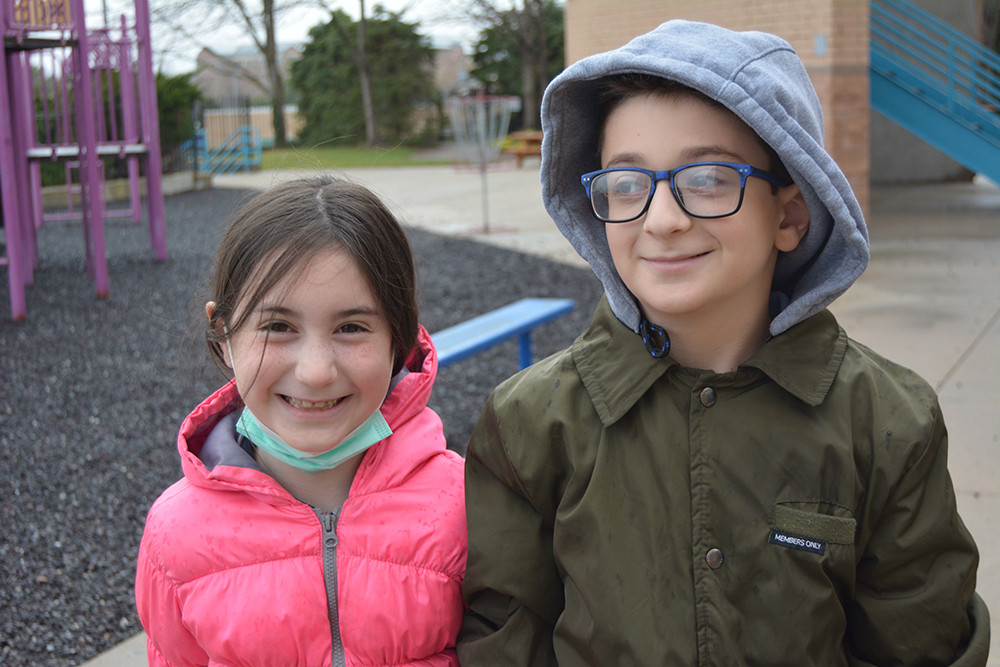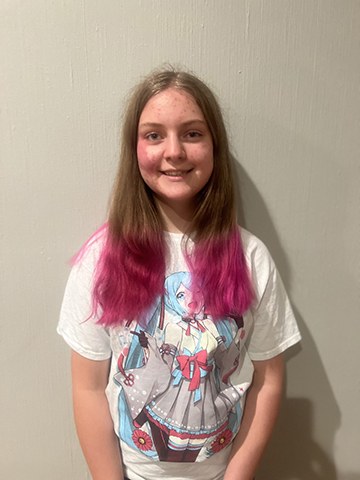Sasone is proud to announce the winners of its second essay contest in honor of Jewish Disabilities Awareness and Inclusion Month (JDAIM).
Students were invited to share a one-page essay on the topic: Does your kindness toward people with disabilities make the world a better place? How does it make you feel?
First place winners include:
Grade school (tie): Zev Sosnoff, 3rd grader at Trailwood Elementary School
Grade school (tie): Shalva Kopelman, 3rd grader at Hyman Brand Hebrew Academy
High school: Nina McNay, 9th grader at Blue Valley Northwest High School
The winning essays are below.

Zev Sosnoff, 3rd grader at Trailwood Elementary
The teaching of tikkun olam is to make the world a better place. People with disabilities have it hard so it is important we help them to show them kindness. God makes people with different abilities. I believe it is not a disability, it is an ability. There are different types of abilities and here are some examples and how we can show them kindness to make the world a better place.
Some people have trouble talking like my brother and me. My parents help with our speech disabilities and they have been doing it for many years. They are patient with us when we are hard to understand and help us use a strategy and speak slowly. When they help us, we feel included and we can make the world a better place together.
Some people have missing limbs. My grandfather's job was to make artificial limbs and put them on people with disabilities. The artificial limbs help them walk and be more included. He helped people with disabilities for 40 years and he made the world a better place.
I'm almost 9 years old, I hope as I get older I can help people with disabilities be more included in the world and make it a better place for everyone.

Shalva Kopelman, 3rd grader at HBHA
I'm Shalva, and I interviewed my brother, Coby (who is a shared student at HBHA and Indian Valley Elementary School). He has special needs.
Shalva: What is hard for you to learn?
Coby: One thing is reading a chapter book. It is also hard to learn typing and have neat handwriting. I also need a calculator for some math.
Shalva: What are you really good at?
Coby: I am good at making Torahs and drawing. I also know a lot about Abraham Lincoln, knowing about a safer, how to write a Torah, Martin Luther King Jr., trash and recycling trucks, the Statue of Liberty "Liberty Lighting the World" and Mount Rushmore.
Shalva: What shows you that a classmate is a friend?
Coby: He asks me to come and sit by him or asks me to join and play. He wants me to play Sharks and Minnows with him. He says nice things to me and about me. He invites me to his birthday party.
Shalva: If someone is not thinking and leaves you out, how do you feel?
Coby: That happened to me before. I felt a little bit sad. A teacher helped me talk it out.
I have learned some things about my brother. He is not so different from me. I feel like him when I am left out. Some things are hard for me, too. All of us are different in some ways. If all of us were exactly alike, it would not be fun!

Nina McNay, 9th grader at Blue Valley Northwest High School
“Do not insult a person who is deaf or put a stumbling block in front of someone who is blind,” Leviticus 19:14.
To me, this quote emphasizes the importance of not discriminating against people with disabilities. However, it is not enough to simply not harm or hinder them. Inclusivity means being kind and accepting people no matter what differences they may have.
I have had the opportunity to work with students with special needs at my school in the past, which has allowed me to have a deeper understanding of this idea. In seventh grade, I was recommended by one of my teachers to be a peer mentor. That meant that I spent one hour a day in the special needs classroom in place of one of my electives. I got to know the students and help with different tasks and projects around the classroom and the school.
It was a very impactful experience. I learned a lot about being inclusive and working with people who learn in different ways. As Jews, we are told to be a light unto the nations (Isaiah 42:6) and set an example for others. Pirkei Avot teaches us, “Don’t look at the container but at that which is in it.” It is part of our job as Jews to model inclusivity and kindness.
In my opinion, being kind towards people with disabilities makes the world a better place because it allows us to come together in spite of differences, and it makes me feel good to be able to be a part of that.